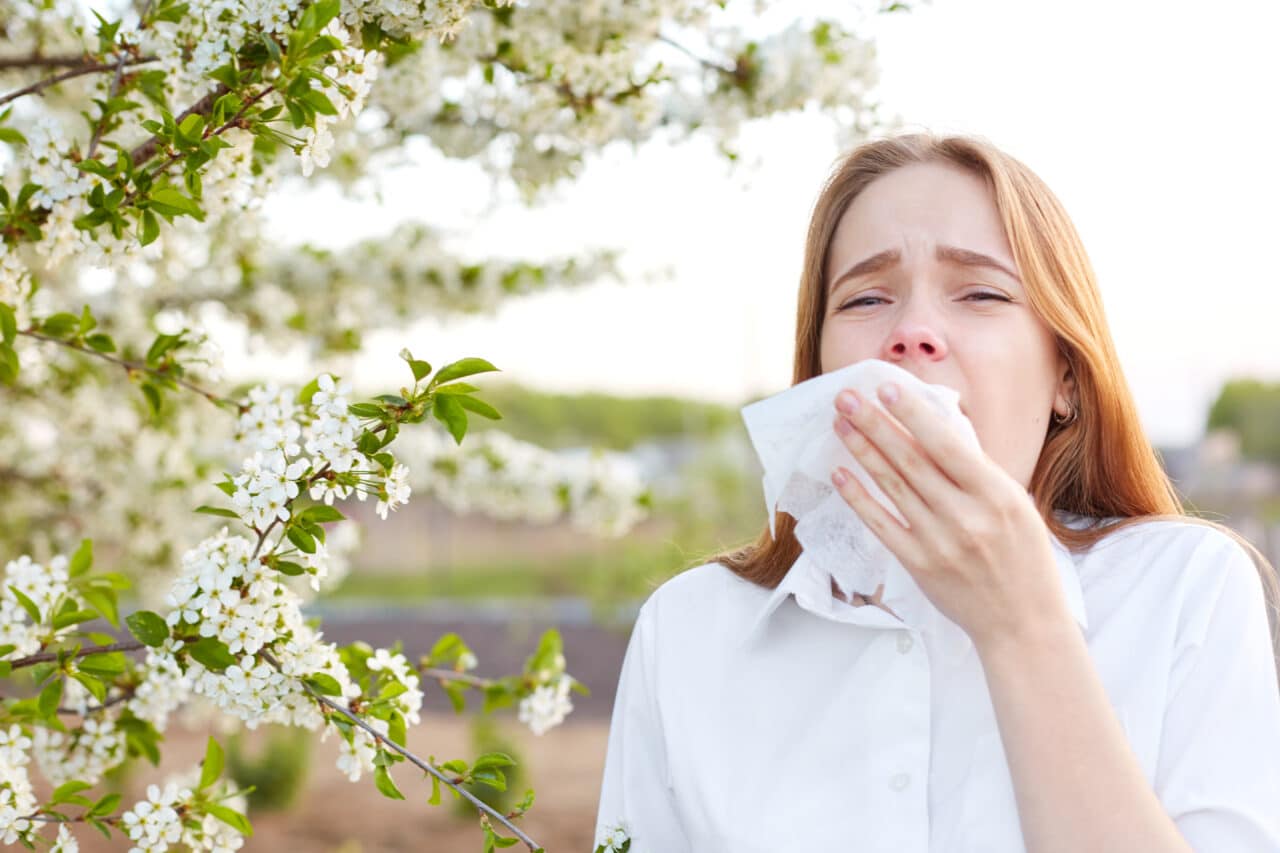
As a chronic lung disease, asthma affects those who have it year-round, though symptoms may be worse in the spring. The condition causes airways in the lungs to become inflamed and swollen, making them particularly sensitive to springtime triggers like pollen.
Symptoms of Asthma
If you have asthma, you may experience:
- Coughing
- Shortness of breath
- Wheezing
- Tightness, pain or pressure in the chest
- Difficulty breathing
- Trouble sleeping
If your symptoms suddenly get worse, this is known as an asthma attack or asthma flare-up.
How To Manage Asthma
There is no cure for asthma, but you can take steps to prevent your symptoms from interfering with your daily life. Medications focus on opening the airways, removing mucus from the lungs and reducing swelling. Talk to your allergist about which one may be right for you.
How To Reduce Asthma Symptoms During Springtime
Being mindful of your exposure to pollen and other allergens is an important part of managing your symptoms during spring. You can do this by:
- Checking the air quality before going outside
- Using air conditioning rather than opening windows
- Showering before going to bed
- Taking off your shoes before stepping inside your home
- Washing clothes that may have encountered pollen
- Cleaning your home regularly, including washing your bedding and vacuuming
It’s also important to take your asthma medication as directed, even if you do not notice your symptoms on a certain day.
If asthma symptoms are interfering with your daily life, Willamette ENT’s allergy center is here to help. Schedule an appointment with us today.
“Have always found the staff and doctors here to be helpful. This was my first visit with Dr. Prze after Dr. Allan retired, and he was very friendly, enthusiastic, and thorough. It was obvious he had read my chart carefully before my checkup.”